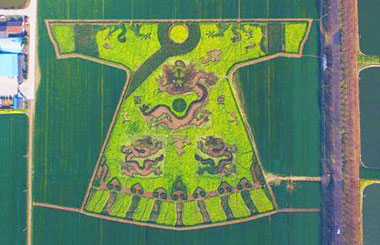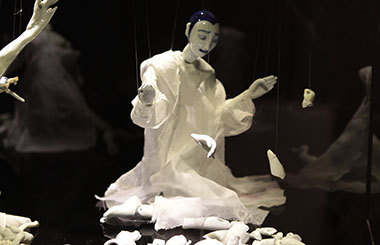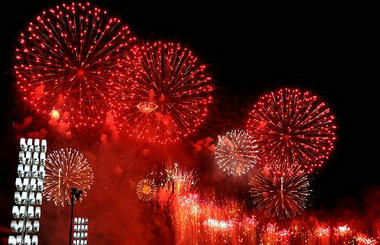Yearlong events to celebrate Tang Xianzu
By Chen Nan ( China Daily ) Updated: 2016-03-25 09:38:16
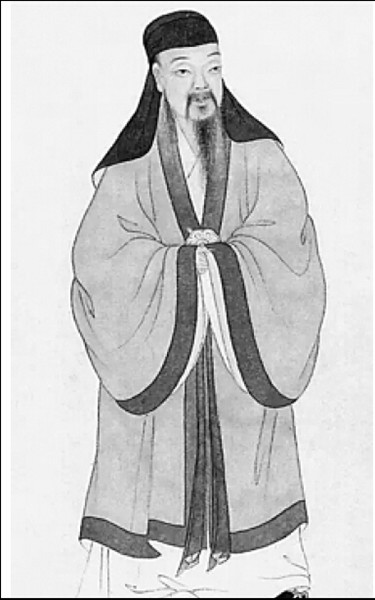 |
|
Tang Xianzu, a playwright known as "China's Shakespeare".[Photo provided to China Daily] |
A series of cultural events have been planned to mark the 400th death anniversary of Tang Xianzu (1550-1616), a celebrated playwright, whom fans call "China's William Shakespeare".
Zhang Hongxing, the mayor of Fuzhou in eastern China's Jiangxi province, announced the events in Beijing on Tuesday.
The Ming Dynasty (1368-1644) playwright from Fuzhou composed more than 2,000 poems and essays, most of which were written during his later years. He is particularly remembered for his four plays - The Peony Pavilion, The Purple Hairpin, Record of the Southern Bough and Record of Handan - collectively known as The Four Dreams of Linchuan.
Since Shakespeare and Tang both died in 1616, an event will be held over April 22-30, in the Bard's hometown of Stratford-upon-Avon in Britain to honor the two great playwrights. Tang's masterpiece, The Peony Pavilion, which is one of the most famous Kunqu Opera pieces, will be staged then along with Fuzhou's local folk opera.
Photos of Tang's hometown will also be exhibited at the University of Leeds and a Shakespeare museum in Stratford.
The National Center for the Performing Arts will adapt The Four Dreams of Linchuan in the Fuzhou dialect and stage the show later this year.
According to Zhang, the idea of commemorating Tang through the year was inspired by a speech by President Xi Jinping, who during his visit to Britain in October, had called on both countries to jointly "celebrate the legacy of these two literary giants to promote interpersonal exchanges and deepen mutual understanding".
More than 20 programs will be presented in Fuzhou this year, including unveiling of a memorial hall for Tang, and forums and arts festivals to discuss the artist's influence on culture, education and society.
Chi Hong, the head of Jiangxi's cultural bureau, says the local government will implement measures to promote the study of Tang as well as set up awards named after the playwright to promote local dramas.
|
|
|
|
|
|
|
|
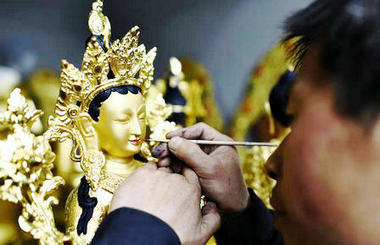


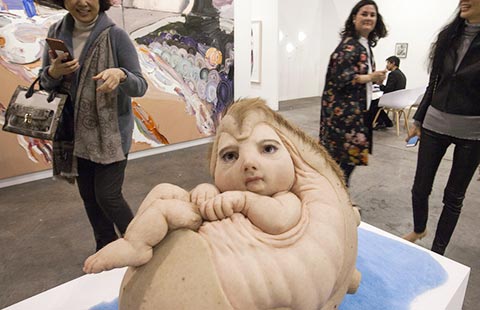
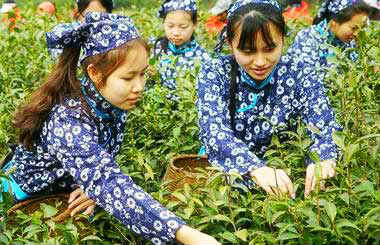
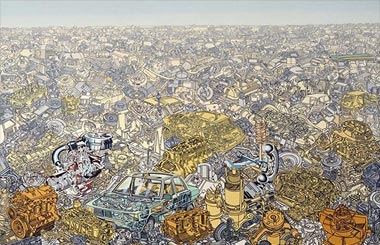








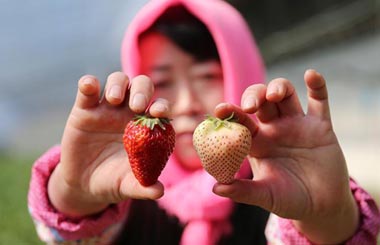
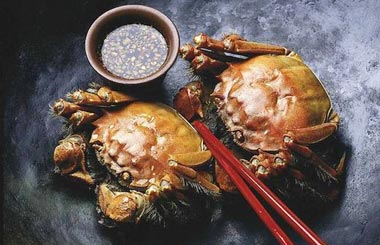
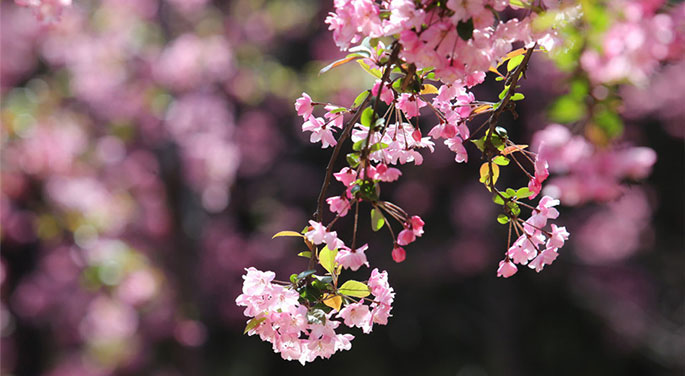

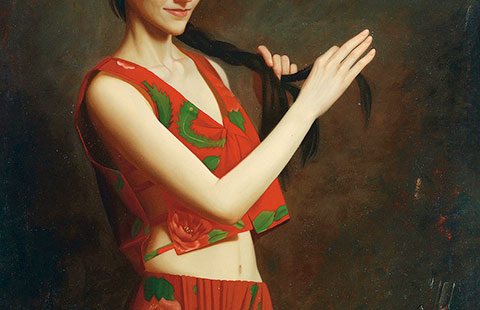
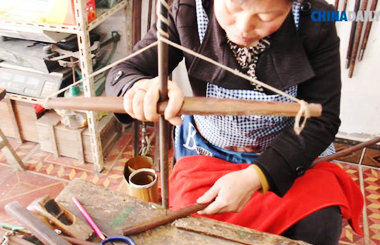


 Raymond Zhou:
Raymond Zhou: Pauline D Loh:
Pauline D Loh: Hot Pot
Hot Pot Eco China
Eco China China Dream
China Dream China Face
China Face
